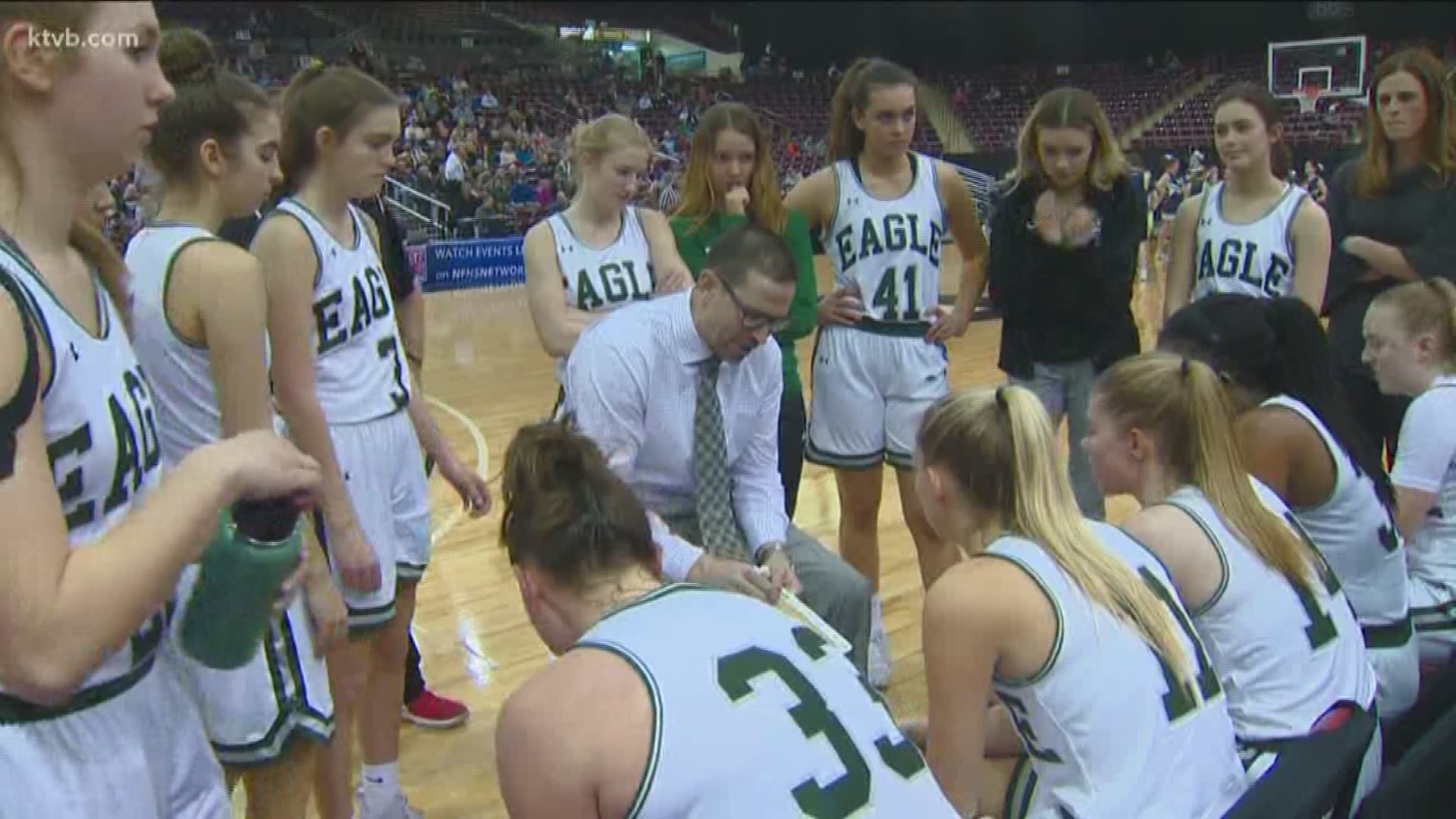BOISE — In this week's Life in Balance, we're looking at efforts to balance youth sports.
Studies have shown by the age of 14, girls drop out of sports at two times the rate of boys. Girls who stay in the game have more self-confidence, self-esteem, better grades, engage in less risky behavior, and increase their leadership capabilities later in life.
Boise State soccer standout Raimee Sherle says she fell in love with soccer the minute she began to play.
"I love the competition, how we make each other better, how we challenge each other," Sherle said. "It's my favorite."
She began the sport at just five years old, joining at team coached by her aunt.
Sherle is now one of the best female players in the nation. The junior forward leads the entire NCAA in goals, scoring 19 so far this season. She also scored an impressive three goals in just over three minutes last month against UNLV, a hat trick that put her in the ranks of Olympic Gold Medalist and World Cup winner Abby Wambach.
"I would not score the goals without my team," Sherle said. "I stand in the center of the field, closest to the goal. It's my job to score the goals. But they pass me beautiful balls and they feed me perfect balls that allow me to do that."
Quitting the game never crossed her mind.
"I loved it from the beginning," she explained. "I loved running around, I loved the concepts of soccer. From the first play I would say yea, I've loved it."
However, that's not the case for most girls. A recent study found 46 percent of girls surveyed said they quit because they didn't see a future for themselves in the sport.
"We see that drop off around 10, 12, 14 years old, and a lot of times what we see is that we don't really have the resources for them," said Dr. Eric Martin, an assistant professor in Boise State's Kinesiology department.
Among his topics of research is youth sport development.
"Female athletes are especially at risk because they're not introduced, as a whole, to sport as early as males are," Martin said.
Title 9 laws require federally-funded schools to provide girls equal opportunities to play sports. But most estimates are that 80 to 90 percent of schools across the country are not in compliance and not treating girls' teams equally in terms of benefits and resources.
"The message that a lot of society is sending is sports are for boys and girls, but really boys is where it's at," Martin said.
Research has found the drop off rate for girls around 10 to 14 years old is right around the age when sports become ultra competitive, forcing girls to make a choice they shouldn't have to.
Sherle remembers it well.
"At that age is when you kind of have to decide, am I in this for the long haul or is this just a fun hobby that I want to play because it makes me happy," she said.
Martin's research shows the key to keeping girls in the game is to bring back the fun, which is true for boys too.
"The number one reason [kids are dropping out of sports] by far - and it's 8 year olds to 18 year olds - is sports are no longer fun," he said.
Too often adults believe youth athletes have the same goals as their parents when it comes to sports. But that may not always be true.
"They've done some really interesting studies where they've asked kids at the end of practices or the end of games, 'Who won?' And they say, 'I don't know.' But if you asked that parent sitting in the front row they go, 'Oh, it was 24-23, the game came down to last shot,'" Martin said.
For Sherle, fun wasn't just the winning.
"Every time I think back to Rocky [Mountain High School in Meridian] Soccer, I just think of the fun memories that I had with the girls," she said. "It was fun to be in an environment where you played with older girls and younger girls who all grew up in Idaho soccer."
Finding the fun-factor in each sport for each athlete is key, according to Martin.
"And so we really need to understand what is fun to youth athletes and then really highlight those things," Martin said. "Give them the opportunity to play in individual and team sports that aren't so competitive."
Sherle credits her parents and coaches for helping her stay in the game.
"Find something you truly love, that you know will make you happy for a long time," she said. "I don't think it's good to put the stress on yourself, to force yourself into something that will make you unhappy in the end."

